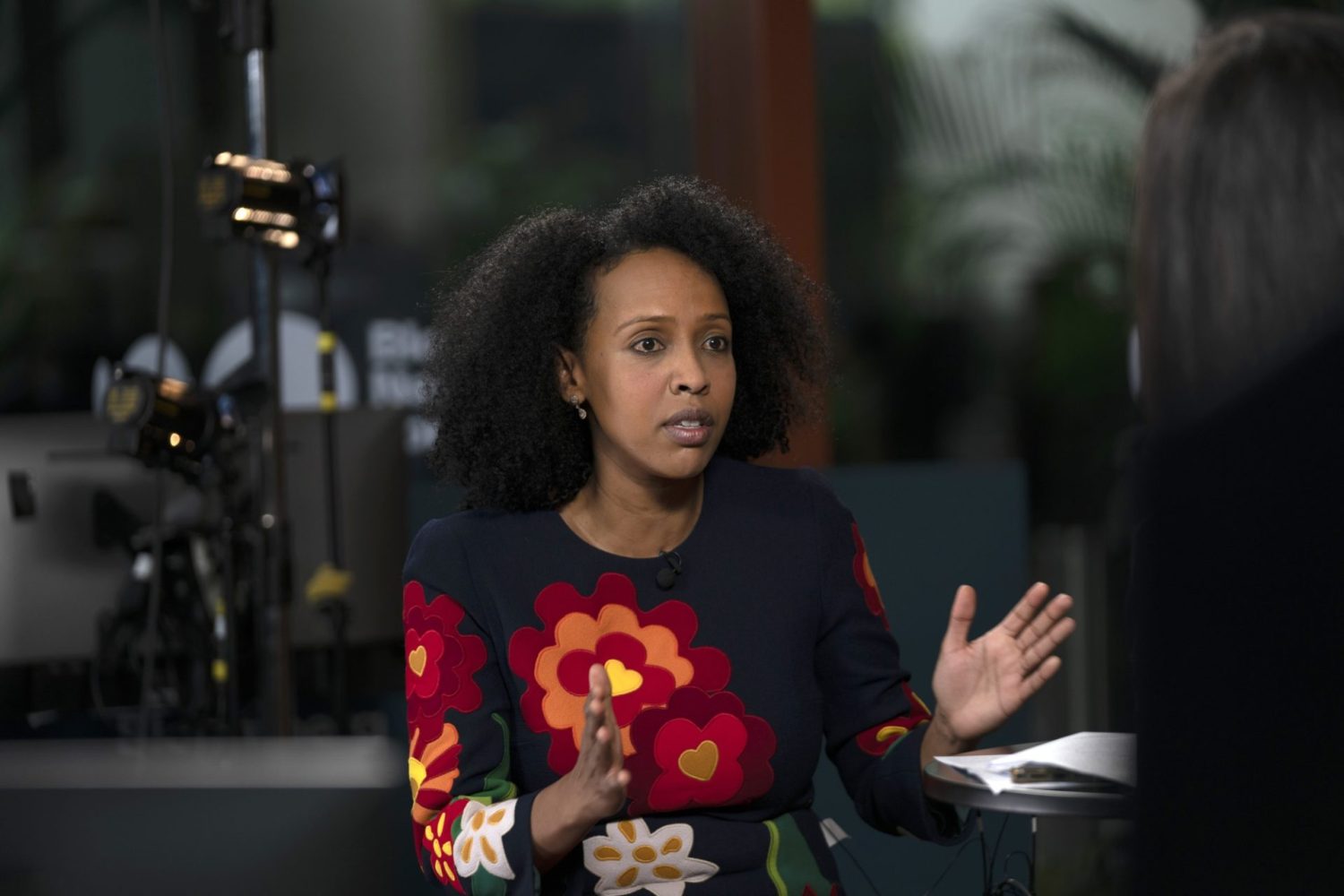How Gro Intelligence Went Under Following Decade Of False Dawns

Gro Intelligence, once heralded as a pioneering force in agriculture technology, now finds itself at the centre of an unfortunate narrative of falling short following news of its shuttering, first reported by industry publication AgFunderNews.
Born in Kenya and later establishing a presence in the United States, the company aimed to revolutionise the agricultural industry with its expansive data platform. However, recent developments paint a picture of financial turmoil and strategic missteps that have ultimately led to its demise.
The company’s journey seemed promising from the outset. Founded in 2012 by Sara Menker, a former energy commodities trader, Gro Intelligence quickly gained attention for its ambitious goal of building the world’s largest agricultural data platform. It scrapes data from governments, trade organisations, weather and geological agencies, commodities and financial markets to provide actionable insights.
Backed by significant funding, up to USD 125 M across 12 years from marquee funders while earning a place in the TIME100 Most Influential Companies globally, Gro Intelligence appeared poised to disrupt the industry.
However, despite its lofty ambitions and substantial investment, Gro Intelligence struggled to translate its technological prowess into sustainable commercial success. The recent leadership shakeup, which saw founder Sara Menker replaced by CTO James Cariello as CEO, marked a significant turning point for the company. Internal communications revealed financial instability, with the company unable to meet payroll obligations and forced to lay off a substantial portion of its workforce.
The root causes of Gro Intelligence’s downfall appear multifaceted. A challenging funding environment, coupled with a perceived mismatch between its product offerings and market demands, contributed to its financial woes. While the company touted its AI-powered insights and vast data resources, it struggled to secure consistent revenues, relying heavily on a few key clients for the bulk of its income. Global consumer goods giant Unilever was its biggest client.
Furthermore, Gro Intelligence’s expansion into bespoke consultancy-style projects and its failure to establish a focused niche in the market proved detrimental to its long-term viability. Despite efforts to position itself as a food security platform for specific countries and engage with government entities, the company faced limited success in diversifying its client base.
Legal and regulatory challenges further compounded Gro Intelligence’s troubles. Allegations of labour law violations and an investigation by the Securities and Exchange Commission (SEC) added to the company’s woes, casting a shadow over its reputation and credibility.
Despite developing strong intellectual property and garnering significant investment, the company ultimately faltered in its ability to commercialise its innovations at scale. The demise of Gro Intelligence tugs at the importance of strategic alignment, market fit, and sustainable business models in an ever-competitive tech landscape.
As Gro Intelligence winds down its operations, questions linger about the fate of its intellectual property and the broader implications for the sector.
Featured Image Credits: Bloomberg